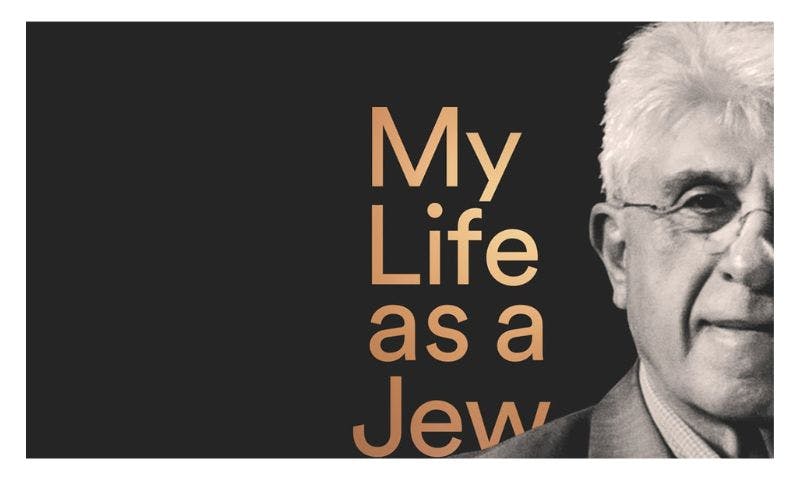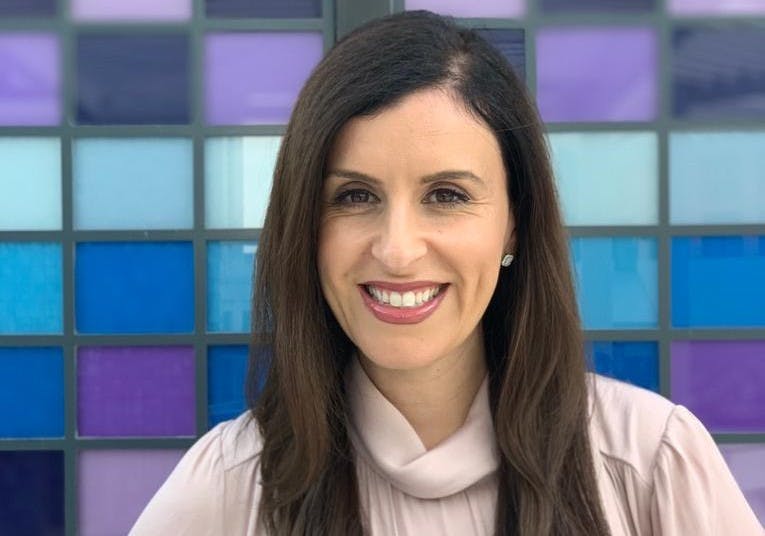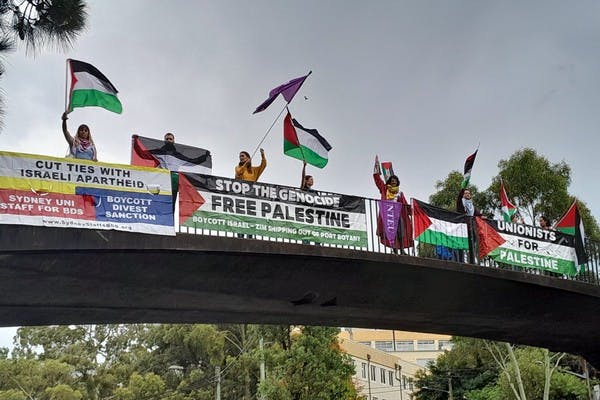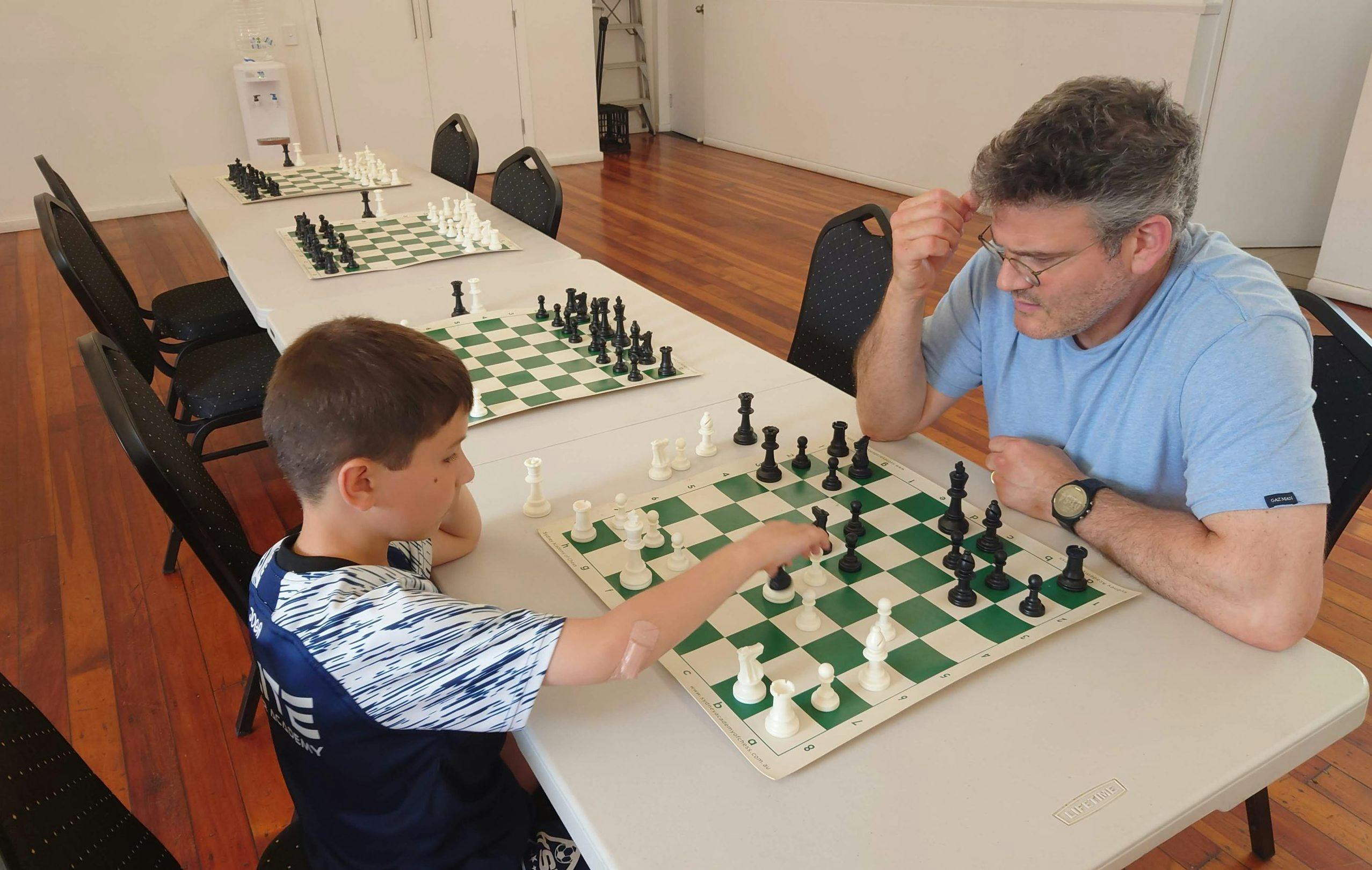Published: 3 October 2023
Last updated: 5 March 2024
In his new memoir, the former editor of The Age writes that the Left’s hostility towards Israel leaves no place for Jews. MARK DAPIN talks to him about stereotypes, conspiracies, and God.
Anybody with an internet connection knows that Jews control the media, which is why we always receive such favourable coverage and everybody else loves and understands us.
The only mystery is how we manage to pull this off in Australia, where so few of us are journalists, TV producers or media proprietors.
At last, the former editor of The Age, Michael Gawenda, once the most high-profile Jew in Australian media, has given the answer to the question on the curled lips of every antisemite.
What is the secret to our breathtakingly successful manipulation of public opinion?
“Superpowers,” jokes Gawenda. “Our powers are almost magical.”
Gawenda’s memoir, My Life as a Jew, addresses the issue of Jewish manipulation of politics and the media, but is more sharply focused on problems that actually exist, such as the increasingly fractious relationship between left-wing Jews and the rest of the Left.
Gawenda has come to believe that there is no place on the Left for Jews who will not renounce Israel’s right to exist. He hears antisemitism (although he prefers to call it “anti-Jewish” feeling) in much anti-Zionist rhetoric, and he is saddened and appalled. Gawenda says people like him fear being rendered politically homeless, as their one-time allies in anti-fascism have become their enemies in intersectionality.
None of this is new, and much of it has already been said by the British author David Baddiel in his recent book and film, Jews Don’t Count.
"Nowadays, anti-Zionism can’t mean anything other than Israel has to be dismantled and become a secular, Palestinian-majority state."
Michael Gawenda
But Gawenda brings to the debate a specifically Australian perspective, a reservoir of mainstream journalistic experience and a more sophisticated political background.
Until I spoke with him over the phone about his life as a Jew, I’d never met or corresponded with Gawenda.
He has the perfect editor’s voice – gravelly, ironic and exasperated. It’s easy to imagine him presiding over a news conference with his rolled-up shirt sleeves held in place by garters, and a dealer’s visor shading his weary eyes.
Although I’m sure he never did.
Gawenda was born in a displaced persons’ camp in Austria in 1947, the son of Polish refugees from the Nazis. His father was a member of the secular anti-Zionist Jewish Labour Bund. Gawenda came to Australia at the age of three, and grew up in Melbourne, one of the few cities in the world where the Bund maintained a presence.
In this book, Gawenda returns again and again to his childhood in SKIF (the Socialist Children’s Union), the young wing of the Bund.
“I look back at the Bund with great fondness,” he says. “It was where I was educated – not at school, and not at university, where I was an infrequent attendee. And I don’t mean educated just about Jewish issues; I mean about politics and international affairs and history.
“Growing up,” he says, “I had to grapple with the fact that I was the child of Holocaust survivors, and what that meant. At SKIF, the Holocaust was central to our sense of where we were and who we were. We were taught about it. We studied it.”
The Holocaust was something that had happened to Gawenda’s family, but on a distant continent in another era.
“I didn’t feel insecure in Australia as a Jew,” he says, “and that’s a great blessing. I grew up in a time where antisemitism wasn’t acceptable. In those immediate post-Holocaust years, people were horrified by what had happened to the Jews.”
His childhood memories seem remarkably happy. “I went to state schools,” he says. “At some of those schools, when we lived in Fitzroy, I was the only Jewish student. But I can’t remember ever having to deal with antisemitism. If anything, I was a wog like other wogs. And I considered myself that way, too. My closest friends at primary school were ‘wogs’ – Greeks and Italian kids – and they saw me as the child of migrants, just as they were. I think young Jews nowadays are much more likely to have to deal with antisemitism than my generation ever did.
“I eventually went to Melbourne High, which was half-Jewish anyway. It felt like a Jewish school sometimes. We used to have lunchtime football matches, the Jews versus the goyim. We didn’t always win, mind you: I don’t think Jews were ever great at football.
“Teachers said some strange things at times, but I don’t think we ever took it personally. I think we felt powerful, not under threat.”
The Bund had argued against the various Zionist movements. “But what anti-Zionism meant back then is not what anti-Zionism means now,” Gawenda says. “We were opposed to the idea that transforming the Jewish people into a nation would solve the problems of the Jews. But once the state of Israel was established, the idea of being anti-Zionist was ridiculous: the Bund kind of quietly dropped that. Nowadays, anti-Zionism can’t mean anything other than Israel in some way – peacefully, preferably – has to be dismantled and become a secular, Palestinian-majority state.”
Gawenda shares the anxiety over a section of Israeli society’s horrific turn to the Right but says that he now has emotional and familial connections with the country and feels that it has transformed what it means to be a Jew.
Before I opened My Life as a Jew, I assumed Gawenda would discuss prejudice he encountered at work but, he says, “I have no memories of having to deal with antisemitism in the newsroom when I was a reporter. And if there were antisemites on The Age when I was editor, I don’t think they’d reveal themselves.”
What he did encounter at The Age, where he was editor then editor-in-chief from 1997 to 2004, was criticism from the “Israel lobby” and an intense commentary on his Jewish background whenever the newspaper explored issues of particular interest to Jewish people, such as the wars in the Middle East.
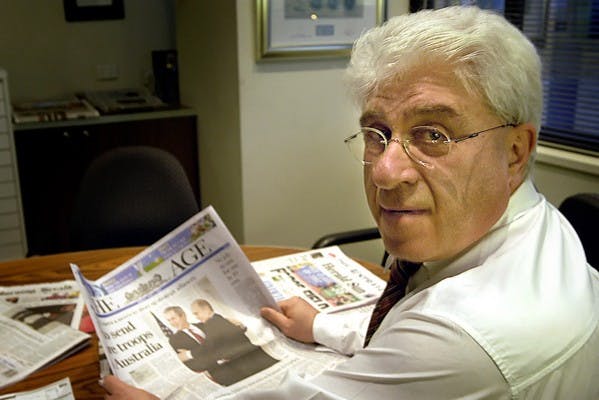
This came to a head in 2002, when The Age declined to publish a cartoon by Michael Leunig which juxtaposed an image of a Jew at the gates of Auschwitz with a Palestinian facing an IDF soldier at a checkpoint in the refugee camp of Jenin after reports of an alleged massacre following an IDF operation, which were later debunked.
Although Gawenda says that he and Leunig had been friends since the early 1970s, he was not torn about whether to run the drawing. “I thought, ‘I’m not publishing a cartoon that equates Israelis with Nazis and says that Jenin refugee camp is like the Warsaw Ghetto’,” he says.
“There are only two reasons why you would make that equation: one, that you’re ignorant of what the Warsaw Ghetto was actually like and what Nazis did to the Jews; two, you actually think that’s a proper analogy, because the Jews are not there yet, but they’re capable … they’re going to be just like the Nazis.
"If you’re writing something you might fear is exposing, you’ve got to overcome the fear of that – or you’re going to write crap."
“The response was strange, from some people,” he says. “It was, ‘He did that because he’s Jewish’. And it’s not true. The senior editorial team made the decision – the op-ed editor and the night editor. They contacted me, I was at home, and they said, ‘We’re not going to run this. Are you okay with that?’ And I said, ‘Yes, of course.’
“They weren’t Jewish. But I accept that, in the end, it was my decision. I could have said, ‘Go ahead, publish it.’ But I didn’t.”
Gawenda says he spent his career avoiding first-person “I” journalism that puts the writer at the centre of the story. I wonder if he feels uncomfortable about producing a memoir, an “I” book.
“No,” he says, “I don’t. If you’re writing something that you might fear is exposing, you’ve got to overcome the fear of that – or else you’re going to write crap. I grappled with that all the way through the book: don’t be scared; be fearless; don’t hedge your bets.
“There will be people who will be upset by it, including possibly people close to me. But it was important to me to do it.”
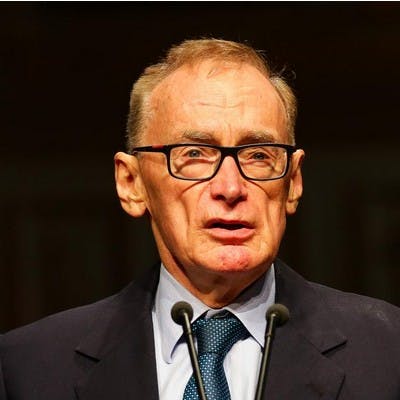
It seems to me that the person who might be most offended is former NSW premier Bob Carr, who comes across as arrogant, petulant and naïve.
Does Gawenda want to talk about Carr?
“No, I don’t,” he says. “Not really.”
Then he does.
"I think Bob's got a thing about the Israel lobby. I think he developed it because he felt let down by the Jewish community."
“I think Bob’s journey is his,” he says. “Others on the Left have taken it. I don’t suggest that Bob is an anti-Zionist or an antisemite. And I don’t think that.
“I think he’s got a thing about the Israel lobby. I think he developed it because he felt let down by the Jewish community, especially the Zionist community, because he had been one of the founders of Labor Friends of Israel and they had mistreated him over the Ashrawi affair.”
When Palestinian activist Hanan Ashrawi was awarded the Sydney Peace Prize in 2003, Carr became the target of a furious, hubristic and self-defeating campaign to persuade him to withdraw from the prize-giving ceremony. In what must be one of the most inept examples of lobbying in Australian history, certain Jewish organisations succeeded in converting a founding member of the Labor Friends of Israel into an energetic and outspoken patron of Labor Friends of Palestine.
Gawenda writes of Carr’s “hatred” for the “Israel lobby” (“he calls it ‘Israeli’ in order to emphasise that it acts on behalf of a foreign power, which, if not challenged, will continue to distort Australia’s foreign policy position”) and calls him “an insignificant foreign minister, an appointment by Julia Gillard that she no doubt came to regret”. But, he says, “I don’t think Bob’s going to be upset by what’s in the book. Louise might be, I don’t know.”
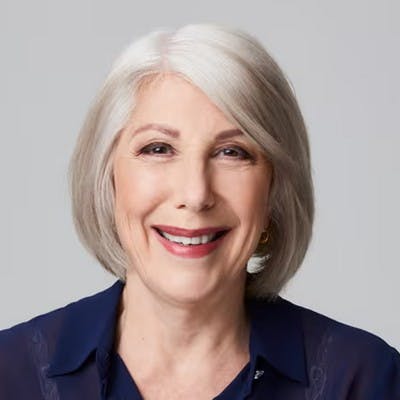
“Louise” is Melbourne publisher Louise Adler, who angered Gawenda by signing a letter calling for targeted sanctions against supporters of Israel’s “apartheid regime” and criticising “both siderism” in journalistic coverage of the Middle East.
I’m not sure why Adler would feel distressed. She comes across as a politically principled person who found herself in profound disagreement with a former comrade – a circumstance not unknown in the history of the Jewish people.
“Louise was a trigger for the book,” Gawenda says. “It was personal because it’s the end of a friendship. [Friendship] is not an intellectual agreement alone. I can’t remember a time when I’ve ended a good friendship for any reason. But this one did end, because of what happened.”
Towards the end of our conversation, we return to the topic of Jewish "paranormal abilities". Gawenda says the idea that the Israel lobby has the power to silence journalists is “bullshit, total bullshit”.
“Where is the proof?” he asks. “You’d have to quote correspondence from working journalists who couldn’t get stuff in the paper because they’d been nobbled by the lobby. It never happened. I think that it’s a form of believing that Jews have magical powers, that they could create a situation where editors and executive producers of programs were nobbled.
“When I was editor of The Age, [vigorous critic of Israel Paul] McGeough was one of the correspondents in the Middle East. Was he ever nobbled? Who are we talking about? Who were these people who were nobbled?”
"I don’t believe in generational trauma. You can say all these things, but I don’t believe any of it."
Once again, I imagine Gawenda banging his fist on the editor’s desk, his nameplate trembling, an apocryphal packet of cigarettes bouncing in his breast pocket.
“I don’t think me being a child of Holocaust survivors – in terms of journalism or public policy – means anything at all,” he says. “I don’t consider myself to be a ‘second-generation Jew’. I don’t believe in generational trauma. You can say all these things, but I don’t believe any of it.”
Does he believe in God?
“No, I don’t think I do believe in God.”
He pauses.
“I’m not sure …”
It’s a tough call to make in a telephone conversation with a stranger.
“I think, on balance, that there is no God,” Gawenda says, carefully. “But you cannot be 100 per cent certain.
“So last year, for the first time in my life, I did go to the synagogue on Rosh Hashanah and Yom Kippur. I went again this year, with my son.
“That’s an experience that was denied me throughout my young adult life, and I think it’s an experience that I’m sorry I didn’t have, and maybe it’ll lead to something. I don’t know what.
“Not a belief in God.”
